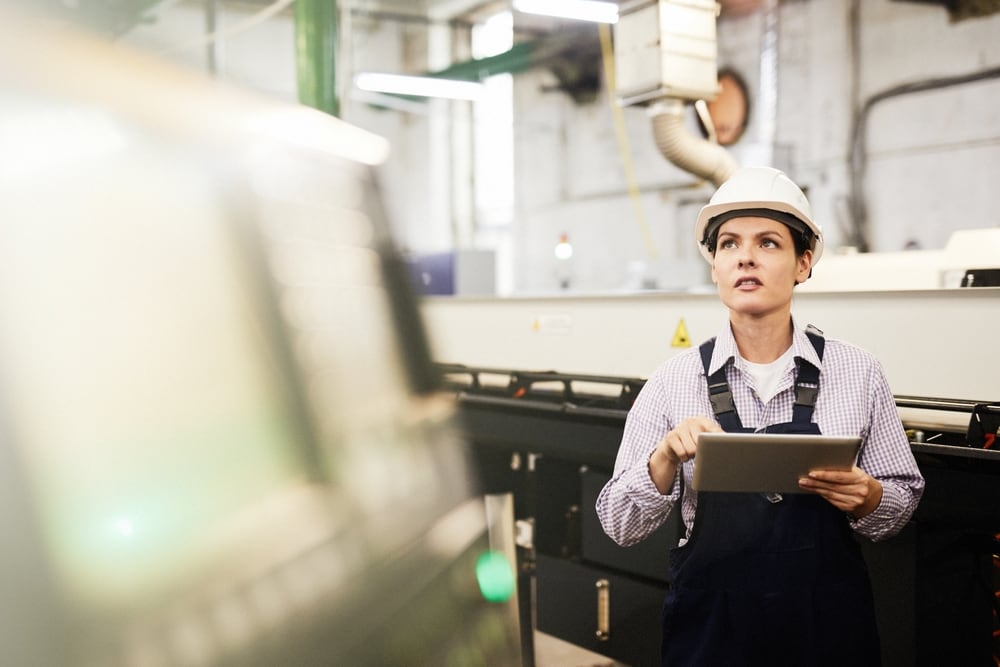
By law, all gas businesses must be on the Gas Safe Register.
The work was carried out in private dwellings and put the householders at risk of a variety of hazards including gas leaks and explosions.
One of those plumbers received a suspended sentence, the other was jailed for 12 months.
That unregistered fitters can be prosecuted for undertaking work is not surprising; prosecutions by the HSE happen often and can result in a fine and/or imprisonment of up to six months in the Magistrate’s Court and/or up to two years in the Crown Court.
What is perhaps less well known is that businesses can be prosecuted for allowing an unregistered fitter to carry out work on appliances on their behalf.
A case from 2017 illustrates the significant cost to businesses of not doing due diligence when employing gas fitters.
Whirlpool UK Appliances were fined £90,000 when they failed to check details supplied to them by Errol Dillon. The details, including a Gas Safe Registration number, turned out to be false – a fact which would have been revealed by proper checking – and made out that Dillon was Gas Safe Registered. He then carried out gas work at over 1,000 addresses in North London over a two-year period.
Whirlpool pleaded guilty to breaching Regulation 3(3) of the Gas Safety (Installation and Use) Regulations 1998. They were fined £ £90,000 and ordered to pay costs of £ 9,358.22.
What does the law say?
https://www.legislation.gov.uk/uksi/1998/2451/contents/made
The regulation under which both Whirlpool and Dillon were fined reads as follows:
Regulation 3: Qualification and supervision
(3) …no employer shall allow any of his employees to carry out any work in relation to a gas fitting or service pipework and no self-employed person shall carry out any such work, unless the employer or self-employed person, as the case may be, is a member of a class of persons approved for the time being by the Health and Safety Executive for the purposes of this paragraph.
Whirlpool’s error was not to carry out even the most basic of checks on Dillon’s false credentials (a call to the Gas Safe Register would have revealed his deception). The process of checking Gas Safe credentials is quick and easy, and can be found on the Gas Safe Register website.
Unregistered gas fitters and landlords
One particular area where a business will likely be using gas fitters is property letting. A landlord has duties under the Gas Safety (Installation and Use) Regulations 1998 to arrange maintenance by a Gas Safe registered engineer for all pipe work, appliances and flues which they own.
They must also arrange for an annual gas safety check to be carried out every 12 months by a Gas Safe registered engineer.
They must keep a record of the safety check for two years and issue a copy to each existing tenant within 28 days of the check being completed as well as issuing a copy to any new tenants before they move in.
If the landlord uses an agent
The contract between landlord and agent needs to clearly specify who is responsible for carrying out the maintenance and safety check duties and keeping associated records.
If the contract specifies that the agent has responsibility, then the same duties under the Regulations that apply to a landlord apply to the agent.
Failure to comply with the Regulations could lead to prosecution. This could mean a maximum penalty of £5,000 for each offence. If the case is then referred to the Crown Court, the maximum penalty may be an unlimited fine and the possibility of imprisonment.
Again, carrying out due diligence before engaging someone to undertake gas maintenance or repairs can save a lot of time and trouble later if it transpires the gas fitter in question is not registered.
If you are in doubt about what you need to do when getting gas appliances serviced, it is a good idea to contact a health and safety law specialist, who will be able to give you the guidance you need to remain fully compliant with the law.